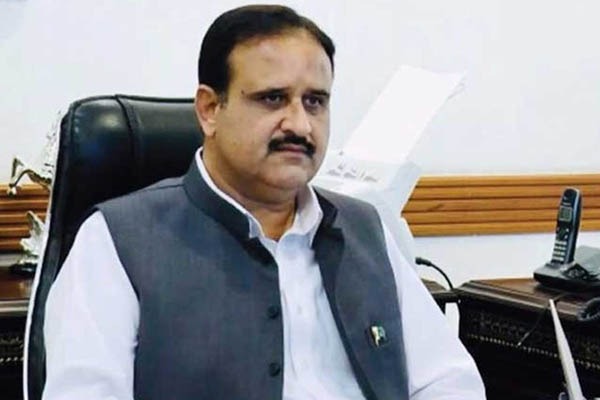Major Financial Misconduct Exposed in Mandi Bahauddin
LAHORE — A significant financial irregularity amounting to Rs200 million (approximately USD 720,000) has been uncovered in the Punjab government’s accounts during the tenure of former Chief Minister Usman Buzdar. According to official sources, senior government officers have been found complicit in the alleged misuse of public funds within the District Health Authority of Mandi Bahauddin.
The revelation emerged following an inquiry initiated under the directives of Public Accounts Committee III (PAC-III), which oversees government spending and accountability across Punjab. The committee’s probe confirmed that large-scale purchases made during the 2021–22 fiscal year violated public procurement laws and financial regulations.
Inquiry Confirms Violations and Recommends Disciplinary Action
The detailed inquiry report, now submitted to PAC-III, concludes that all procurement processes conducted by the District Health Authority were in breach of legal requirements. It states that these transactions caused substantial losses to the provincial treasury.
Officials involved in the audit described the findings as a serious lapse in financial governance, stressing that the funds meant for healthcare services were spent without due transparency. The report has recommended disciplinary action against the officers found responsible, emphasizing the need for administrative accountability.
In addition, the committee advised the Punjab Health Department to carry out a further investigation using an online monitoring system to trace the actual beneficiaries and determine the full scope of financial misconduct.
Accountability and Oversight Measures Strengthened
The report also calls for an explanation from the Director General of Health Services for delays in the investigation process. Moreover, the Deputy Commissioner of Mandi Bahauddin has been instructed to ensure greater caution in handling future financial transactions to prevent similar irregularities.
PAC-III has reiterated its commitment to ensuring transparency in the use of public resources. A statement from the committee emphasized that “strict measures will be taken to ensure public funds are utilized responsibly and those involved in corruption face consequences under the law.”
The findings come amid broader efforts by Pakistan’s provincial governments to improve governance, particularly in public health institutions that manage billions in development and operational budgets annually.
Broader Context: Accountability Under Scrutiny
Former Chief Minister Usman Buzdar, who served from 2018 to 2022 under Prime Minister Imran Khan’s Pakistan Tehreek-e-Insaf (PTI) government, faced recurring allegations of weak administrative control and limited oversight of bureaucratic operations. Several audit reports during his tenure pointed to financial mismanagement and irregularities in provincial departments, including health, housing, and local government.
Analysts say the latest inquiry highlights the continuing challenge of fiscal accountability in Pakistan’s public sector. Misuse of development funds, delayed audits, and weak compliance mechanisms have often undermined governance reforms.
Transparency International’s 2024 Corruption Perceptions Index ranked Pakistan 133rd out of 180 countries, indicating persistent governance challenges despite repeated government pledges to curb corruption.
Toward Stronger Financial Governance
Officials familiar with the PAC-III proceedings say the committee’s recommendations will likely lead to internal disciplinary actions and possible criminal referrals. If fully implemented, the measures could set a precedent for greater transparency in district-level health spending.
The Punjab government has yet to issue an official statement on whether charges will be filed against the implicated officials. However, sources suggest that the Chief Minister’s Secretariat is reviewing the report and may announce corrective measures soon.
As public scrutiny intensifies, the case has renewed debate over the need for digital auditing systems and stronger oversight frameworks to safeguard public funds across Pakistan’s provincial departments.















